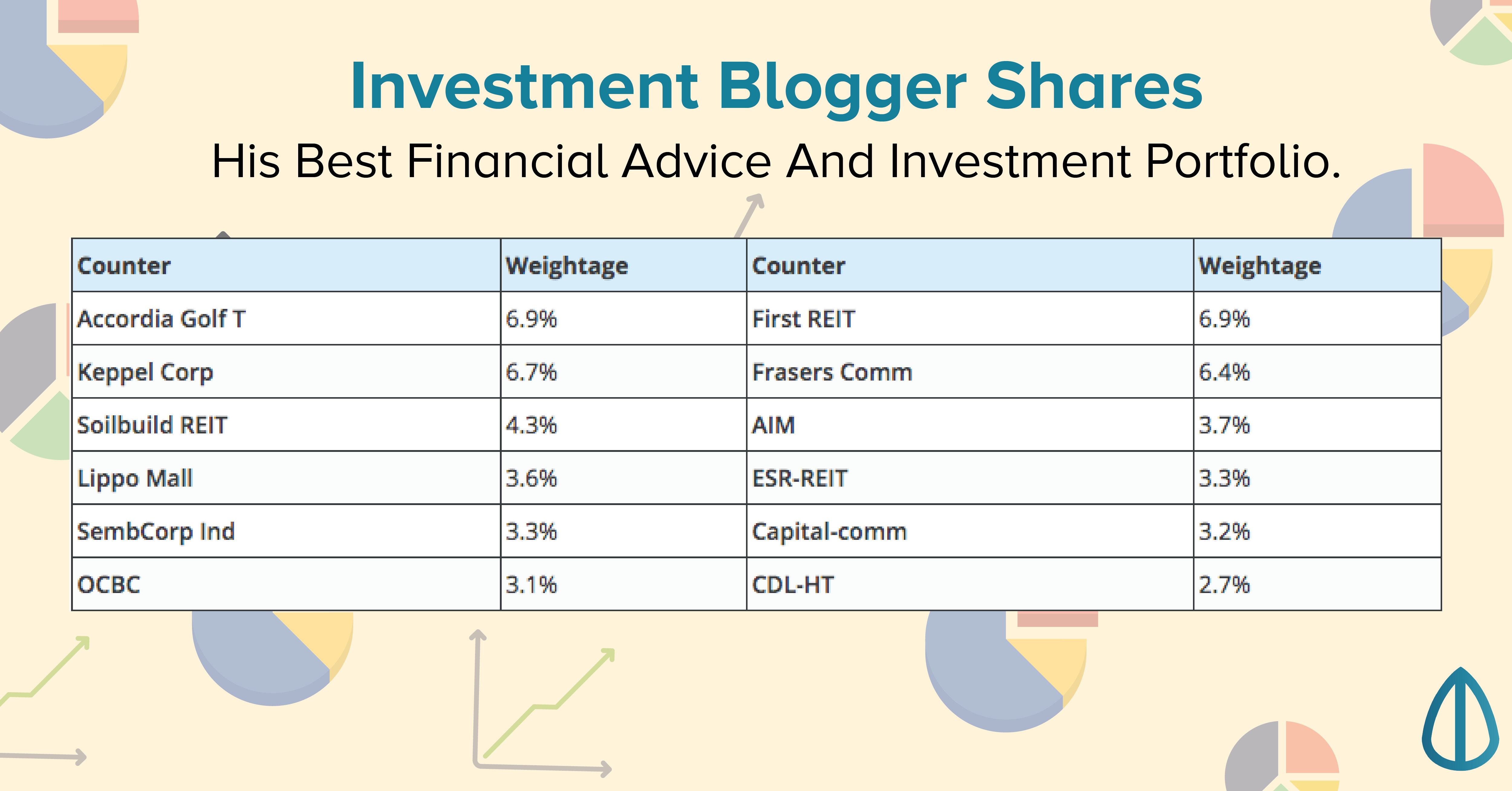Advertisement
Unit trust - Can I consult fund managers? If I can learn how they rebalance portfolios, I see the fees as an investment. - What services do FMs offer that roboadvisors don't? - How do I 'screen' FMs?
I am a newbie investor whose bank rep recently introduced to unit trusts. While I definitely cannot DIY, I am wary as I heard this 'active form' of investing do not outperform passive investing by much, thus not justifying their management fees. I am also considering a mix of cash management funds, 2 or 3 ETFs or a roboadvisor. Any advice is welcomed thanks!
14
Discussion (14)
Learn how to style your text
Reply
Save
Billy
05 Mar 2025
Development & Acquisitions Manager at Real Estate Private Equity
Hi Claudia! Perhaps to provide further clarification:
Fund Houses = Allianz | State Street Global Advisors | Vanguard
Fund Manager = Ray Dalio | George Soros | Jim Simons
Funds = SPDR STI ETF | VOO | CSPX | XLF etc.
Funds: 2 main styles as you accurately indicated
Active funds - Frequent rebalancing / trading (Roboadvisors)
Passive funds - Rebalance only when necessary (i.e. ETFs - VOO, CSPX)
Within the realm of funds there's also funds tracking different products - Gold, Indexes, Fixed Income, Oil, Agriculture etc.
Management fees are usually charged as a % of Assets Under Management (AUM) which essentially means the total value of one's portfolio. Hence its an added incentive for fund managers to perform well.
To "screen" FMs, you can take a look at their NAV of their funds which are usually available on their website (or on brokerages such as Fundsupermart). You can take a look at historical returns (for funds focusing on capital appreciation) & historical yields (for funds with payouts). You may also view the frequency of distribution too. Some funds offer annual payouts, some half yearly, some quarterly, some monthly as well.
Cash management accounts / funds offer a good alternative / yield as opposed to the declining TBill returns. While its not 100% guaranteed, so far its been so good.
ETFs - really dependent on what you select. I would go for more index ETFs if I'm looking for something long-term / less volatile.
Roboadvisor - Honestly wouldn't recommend, I deposited $500 in Dec 2020 just for fun with a risk profile at maximum 36%. Max drawdown was 20% (-$100) in 2023 and it subsequently recovered to the current levels of $558. So essentially 5 years, my capital only increased by ~10% which equates to a 2% annual increase. In comparison VOO increased 94%
Reply
Save
Kenneth Chan
05 Mar 2025
Wealth Manager at Phillip Capital
I think they may be RMs instead of FMs. I run different portfolios at Phillip Capital (poems), and to be honest, index is the low cost way to start on your own, if you have the discipline. Can drop me a DM if you want to chat more, we have very competitive fees for DIY investors who are "Buy Term, Invest the Rest."
Reply
Save
Just avoid those FI and go for robo
Reply
Save
As a retail investor, we usually do not have access to fund managers. they are like the Buffetts and...
Read 3 other comments with a Seedly account
You will also enjoy exclusive benefits and get access to members only features.
Sign up or login with an email here
Write your thoughts
Related Articles
Related Posts
Related Posts
Advertisement









If you new to investing, start with low-cost options like ETFs or roboadvisors—cheap and simple. If you want active management, choose unit trusts with good track records and reasonable fees, but don’t expect them to always beat the market. Always watch fees, stay diversified, and don’t panic when market goes up and down.